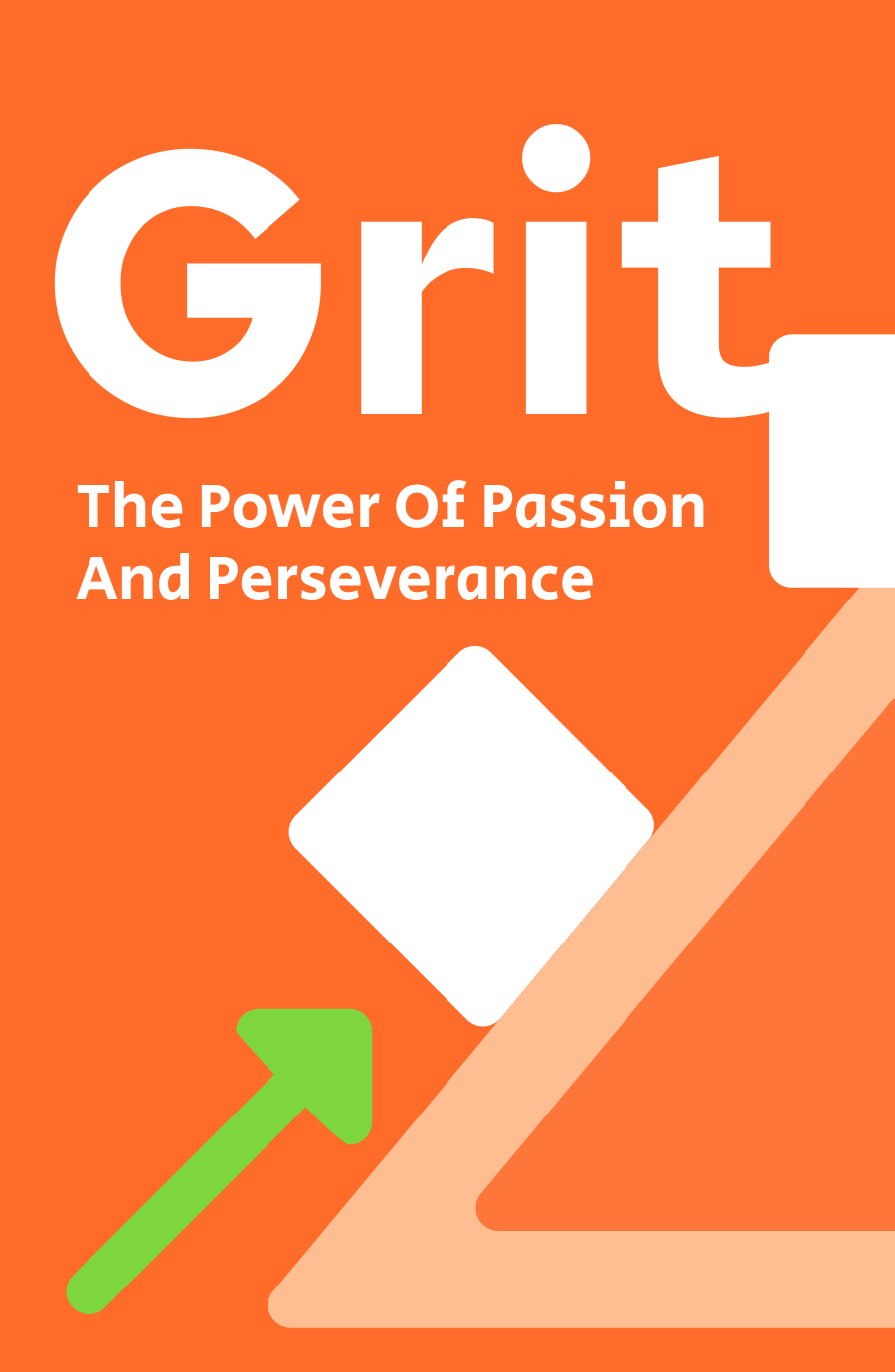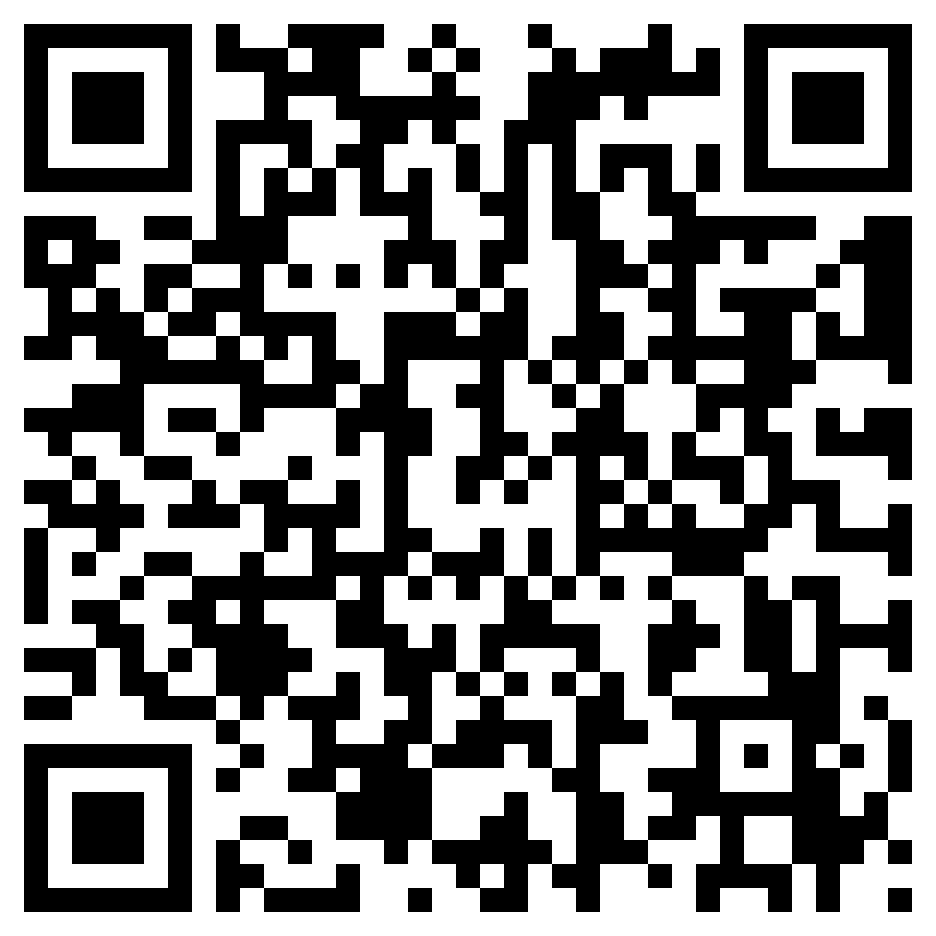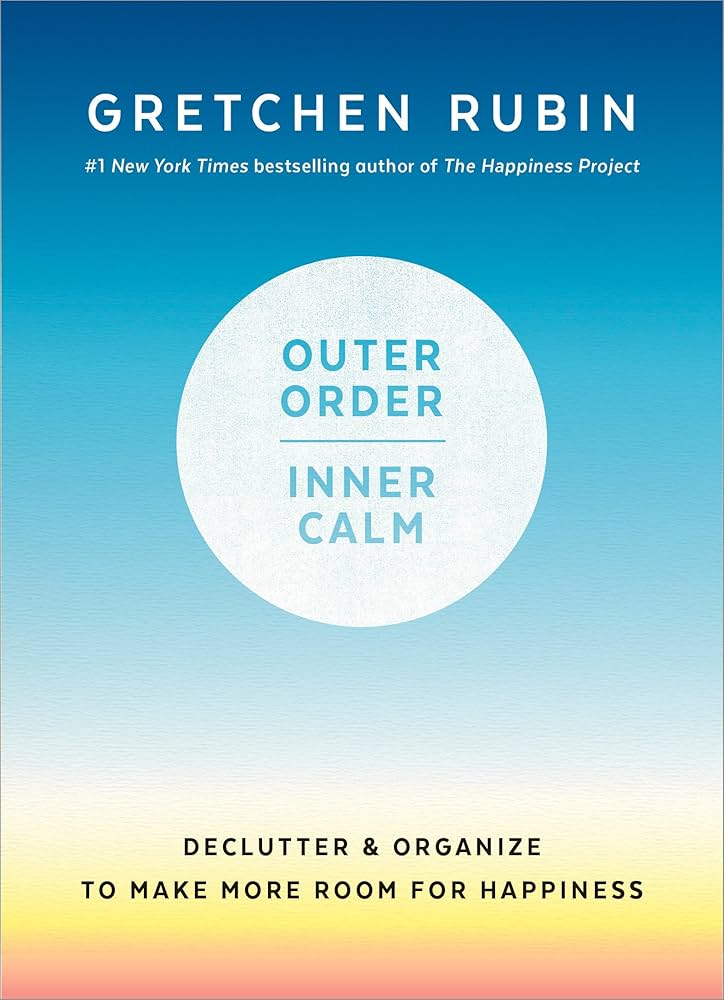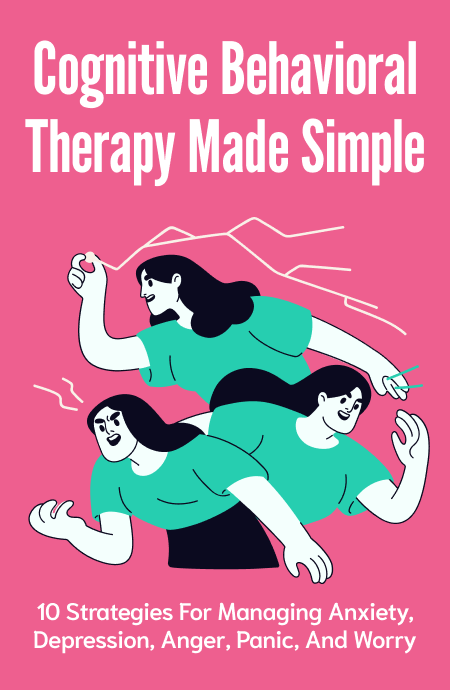Lesson 1. We have a bias towards innate talent, even though we want to believe that hard work is the secret to success.
What quality do you think is more important: intellect or good looks? How about, a natural talent or a good work ethic in an employee? We appear to deceive ourselves in all these cases by responding against our natural instincts.
In the United States, many nation-wide surveys asked the question, which quality is more important for success: talent or hard work? Around 66% of respondents were in favor of hard work, grit, and dedication. The consistency they appeared to be looking for in a prospective employee was hard work.
This view isn't restricted to the world of business. In a 2011 study, a group of musical experts were played two recordings, and were told that one was a naturally talented musician, while the other represented years of hard work. Although experts had said they preferred hard work, they selected the naturally talented musician to be overwhelmingly superior. But here's the catch: the same player played the piano in both the recordings. In the corporate world as well, this sort of self-deception exists.
Studies have also shown that hardworking entrepreneurs and businessmen require much more capital and time, in comparison to the naturally gifted ones. More often than not, people with a natural talent are preferred over someone who has actually worked hard to get to where they are.
Lesson 2. Effort is much more important than talent.
Bill Clinton ascended the political ladder all the way to the US presidency with ease. It has never looked convenient for Hillary Clinton, on the other hand. But potentially, this might end up working in her favor. Not only does effort lead to ability, but it also contributes to outcomes, which makes effort twice as critical as talent. You can look at it as an equation: take your ability in a given field and multiply it by the amount of effort you put in. This can be used to evaluate your level of skill.
People who fight to overcome a lack of ability also discover the extraordinary power of effort. The award-winning novelist, John Irving, is a clear example of this. Irving struggled in school, being held back a year, earning a C minus in English, and obtaining below-average language scores on his SATs. He was far from being a natural talent. But there was a reason behind this. Irving turned out to be dyslexic and took much more time to pick up his reading and writing
Unlock Knowledge with Wizdom App
Explore a world of insights and wisdom at your fingertips with the Wizdom app.
 1 Million+ App Download
1 Million+ App Download  4.9App Store Rating
4.9App Store Rating 5000+Summaries & Podcasts
5000+Summaries & Podcasts









